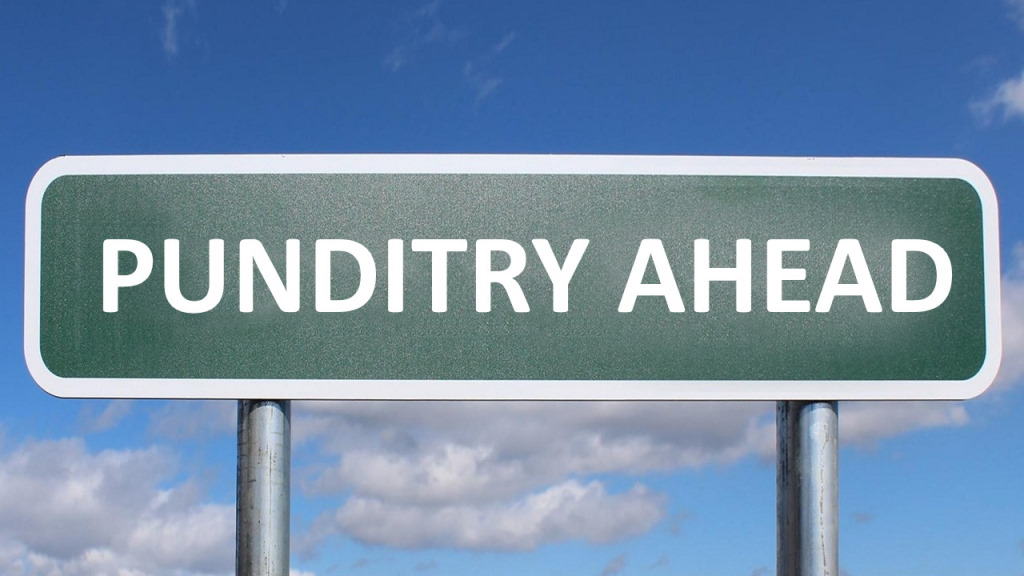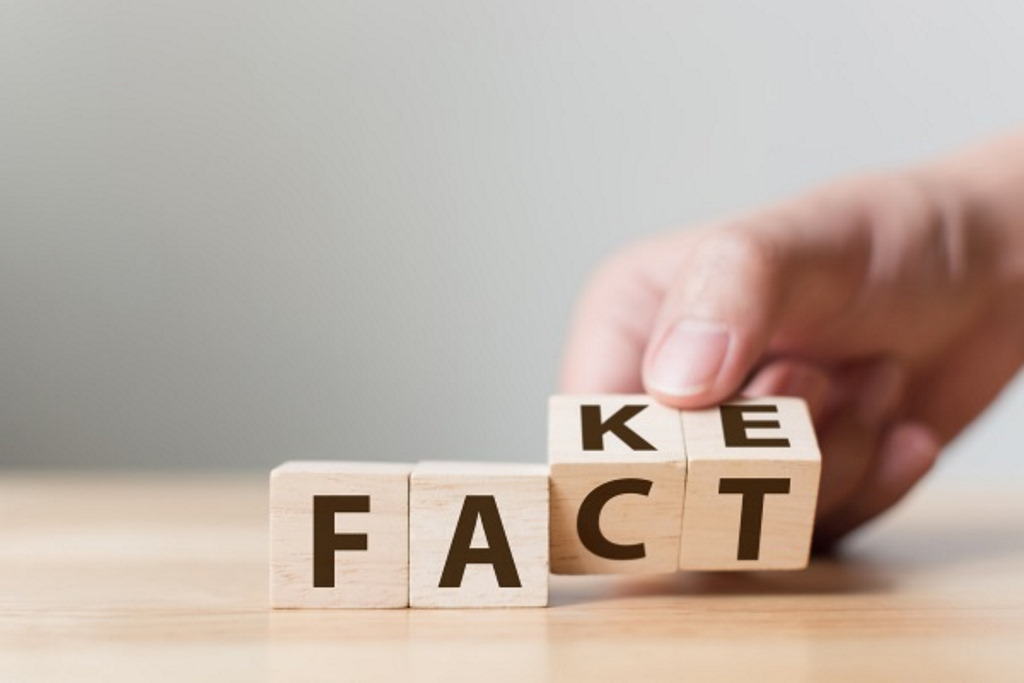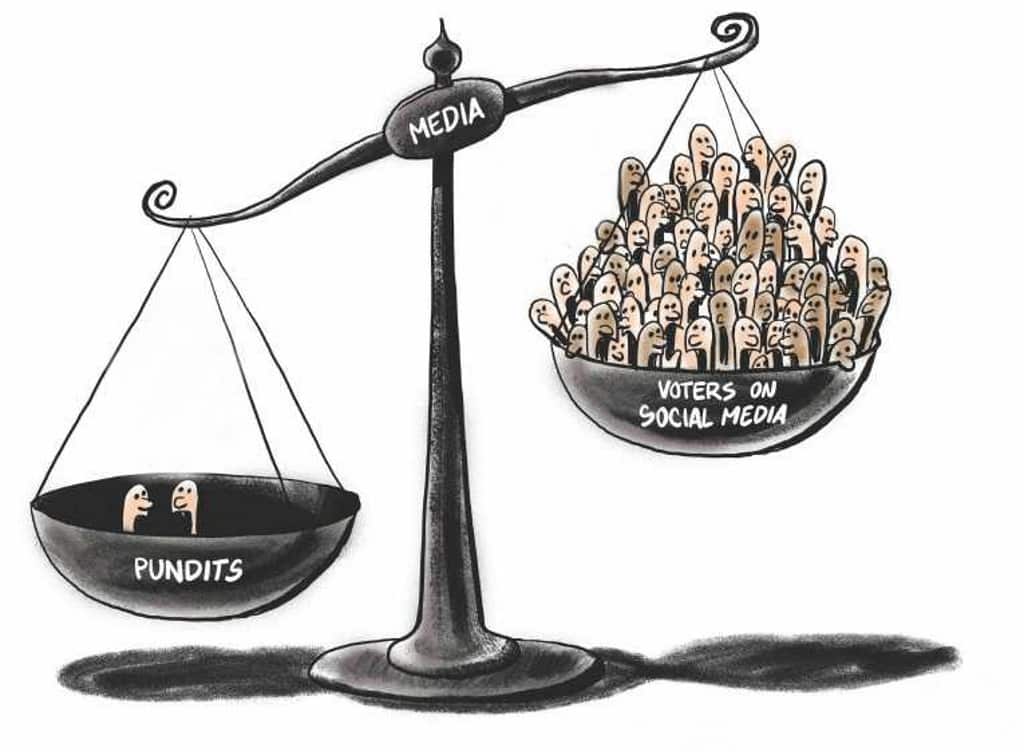New Zealand media is increasingly ignoring its own mandate to carry unbiased reporting and that’s dangerous, reports PAT PILCHER.
 It’s becoming increasingly obvious that large swathes of our print, online and broadcast media are not delivering impartial reporting. Barely a day passes without Christopher Luxon popping up across the media, which is awash with right-leaning pundits hellbent on inflicting their reckons on an unsuspecting New Zealand public.
It’s becoming increasingly obvious that large swathes of our print, online and broadcast media are not delivering impartial reporting. Barely a day passes without Christopher Luxon popping up across the media, which is awash with right-leaning pundits hellbent on inflicting their reckons on an unsuspecting New Zealand public.
So, while a bunch of talking heads get the lion’s share of media attention and offer little more than National party spin and shameless self-promotion, the counterviews of the government are increasingly marginalised. Meanwhile, Luxon and the pundits can say whatever they want. After all, they don’t have to put any of it into practice.
Would you like to support our mission to bring intelligence, insight and great writing to entertainment journalism? Help to pay for the coffee that keeps our brains working and fingers typing just for you. Witchdoctor, entertainment for grownups. Your one-off (or monthly) $5 or $10 donation will support Witchdoctor.co.nz. and help us keep producing quality content. It’s really easy to donate, just click the ‘Become a supporter’ button below.
This isn’t a huge surprise. While some media outlets such as Radio NZ prize balance, fairness, and impartiality, the mediascape is littered with punditry and journalists with well-known right-leaning political biases. In a recent Stuff edition, National Party Spokesperson for Education, Paul Goldsmith, was given his own opinion column. I bring this up because the media outlet’s opinion columns often read like a who’s who of right-leaning ideology, yet I can’t recall ever seeing anyone from Labour being given their own opinion column. What gives?
 The reality is that the media is becoming increasingly partisan, and we’re all so much poorer for it.
The reality is that the media is becoming increasingly partisan, and we’re all so much poorer for it.
Why is this an issue? Understanding this requires insights into the media’s role in society. The media is known as the fourth estate. Its purpose is to hold the other three estates (the church, nobility and commoners) to account. The media should also inform public debate to keep the wheels of democracy spinning smoothly via informed public participation.
As simple as all this fourth estate stuff sounds, it’s a complex and many-headed beast that’s underpinned by the immutable principles of journalism. These are:
- Accuracy: According to the American Press Institute, the “media should always provide the public with accurate facts put in a meaningful context. Journalism does not pursue truth in an absolute or philosophical sense, but in a capacity that is more down to earth”. Sadly, this journalistic principle often gets trampled in the stampede to get stories out to a hungry public. It seems that you can have accuracy or speed, but rarely both. This sees much of National’s spin going unquestioned and swallowed wholesale by a public assuming that what is being quoted is correct. After all, why wouldn’t it be? The comments are published in big newspapers, radio and TV media outlets, so surely it must be correct?

- Public interest: A publisher may feel compelled to answer to advertisers and/or shareholders. Ultimately, their allegiance, however, should be to the public interest. This should override any self-interest or personal beliefs. Sadly, this often isn’t the case. Our airwaves/print and the web are filled with the unbalanced reckons of right-leaning pundits, who offer little to balance their opinions from the other side of the political spectrum. This clouds and obscures public debate. It isn’t quality journalism; it certainly isn’t helpful.
- Verification: Fact-checking is often difficult and nearly always time-consuming, but it is fundamental to quality journalism. While it is unreasonable to expect journalists to be completely objective, their methods must be. Once again, the American Press Institute says seeking out multiple views/verifying stories “separates journalism from other forms of communication such as propaganda, advertising, fiction, or entertainment”. Much of what is peddled by right-leaning pundits often amounts to little more than National or Act propaganda. This is wrong on too many levels to count.
- Independence: Journalists need to be both fearless and credible. They must avoid being seduced by sources, compromised by their own self-interest, or intimidated by those in power. Journalists (including this one) may not be neutral, but they must be independent and balanced. Some may argue that they’re independent as they’re up-front about their politics. Yet it can also be argued that they bring their own biases into what they publish and that by doing so, balance goes out the window.
- Informing public debate: Journalism plays a key role in improving and informing public debate by bringing verified information and intellectual rigour to published content. Sloppy, sensationalist journalism that replaces facts with opinion degrades public decision-making. This, in turn, erodes democracy. As the opposition, the National party should hold the government to account. Sadly, twisted facts and distorted narratives aimed at casting Labour in a negative light are getting in the way. This is further fuelled by the blatant bias of many media pundits who fail to park their own interests and fact check or call out what is said into question. The public is the ultimate loser from this as click-through revenues and outrage journalism trump fact-based reporting.
- Relevance: The American Press Institute best sums this up as: “Journalists must always question what information is most valuable to citizens. Journalism filled with trivia and false significance trivializes public dialogue and public policy”. The importance of this cannot be overstated. The media are gatekeepers. They decide what issues enter the public debate and how these issues are framed. This gives them the power to shape public perception. This is particularly evident in the relentless negativity surrounding Labour and in particular, the PM as well as the lack of hard questions asked of the National Party. This distorts how the public views and votes. It may be a subtle thing, but there’s little argument that balance is sorely needed in New Zealand’s media.
- Ethics: Being a journalist requires a strong sense of ethics and responsibility. As well as voicing their own individual views, journalists must give others a voice. Part and parcel of this is journalists questioning their own work for fairness and accuracy. Sadly, many of the pundits in New Zealand media seem to have the moral compass of a dog on a croquet lawn. Fairness and accuracy in some New Zealand media outlets has long been a sad joke.
The above journalistic principles throw the woeful state of parts of New Zealand’s media into sharp relief. Instead of questioning National’s views alongside the Government’s to provide balanced and fact-based reporting, many media outlets appear to be giving National a free ride. That many outlets are accepting Luxon’s views unquestioningly while framing anything Labour-related negatively should be causing alarm bells to ring. Surely it is in the interests of informed public debate that all sides of a story are told accurately without bias. Why isn’t this happening with some of New Zealand’s major media outlets?
 The wider impacts of this over time are alarming. Researchers recently compiled a report by AUT’s journalism, media and democracy centre. In it, they found trust in media fell from an abysmal 53 per cent in 2020 to just 45 per cent in 2022. The recent protests at Parliament aptly demonstrated how misinformation fills the vacuum left when factual reporting is hijacked by opinion and innuendo. Could the NZ public be just fed up with the bullshit and punditry that is so prevalent throughout much of our media?
The wider impacts of this over time are alarming. Researchers recently compiled a report by AUT’s journalism, media and democracy centre. In it, they found trust in media fell from an abysmal 53 per cent in 2020 to just 45 per cent in 2022. The recent protests at Parliament aptly demonstrated how misinformation fills the vacuum left when factual reporting is hijacked by opinion and innuendo. Could the NZ public be just fed up with the bullshit and punditry that is so prevalent throughout much of our media?
It’s easy to blame the reporters. They may argue that Luxon and other National party people are more accessible, while ministerial minders keep journalists at arm’s length. This excuse should never be acceptable. A sizeable chunk of New Zealand’s media is, in effect, delivering a National party PR campaign. Luxon’s word-salad replies and political naivety may do him no favours, but the cumulative impact of wall-to-wall Luxon and National coverage plus the biases of right-leaning pundits is unlikely to be good for anyone.
It isn’t the role of our media to deliver political adverts. They are there to inform the public by providing balanced and accurate reporting and holding those in power to account. Perhaps the public needs to start holding parts of the media to account.













V BAISED TO THE ARDEN CAMP. GUESS YOU DONT LIKE LUXON
It isnt so much about support for adern or Luxon. The media’s blatant national/act bias deserves a bit of a shove from the left?